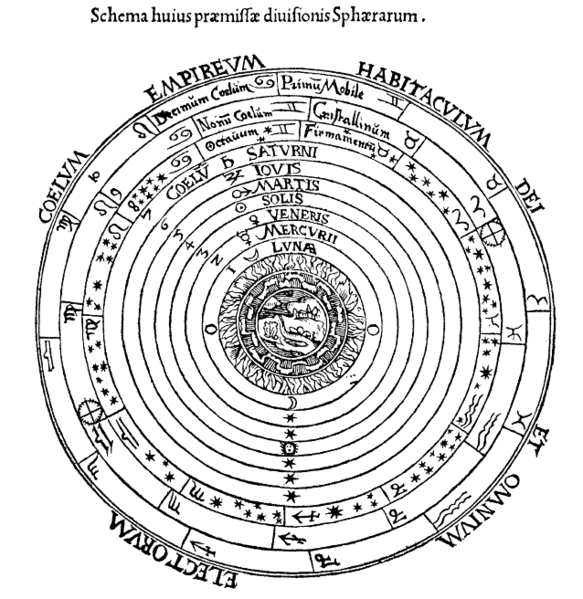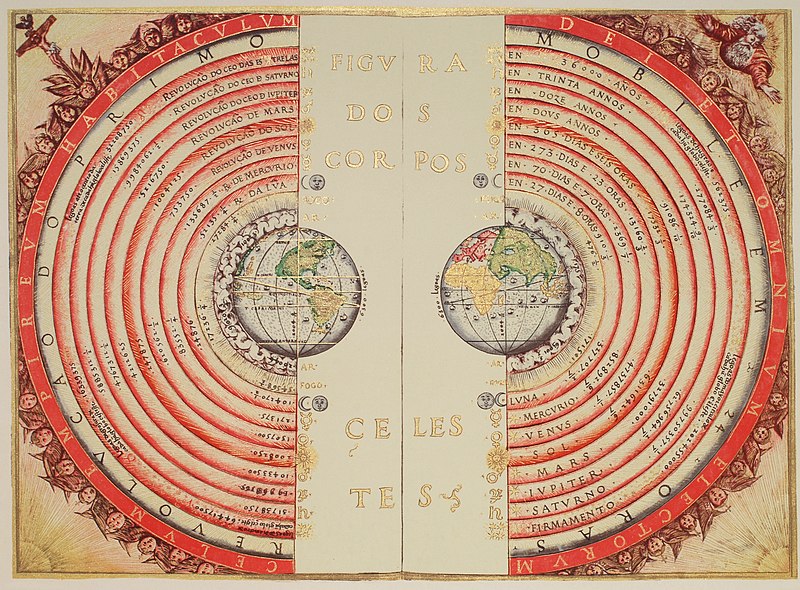Looking at pictures of the damage from yesterday, it's kind of amazing no one was killed. The National Cathedral had some pretty sizeable statuary fall, and the Washington Post has a picture of a car whose windshield was smashed from falling bricks. We're pretty lucky.
I was actually outside when the earthquake happened, just coming into the building. I didn't notice ANYTHING--of course, I was born in California, and it's possible I'm just too jaded ;) When I came into the apartment, Anya was freaking out--she said she'd just had "the most intense paranormal experience" she'd ever had in her life. She went on in this vein for 20 minutes or so--I suggested maybe it was an earthquake and she said it couldn't have been, or something besides the couch would've moved. She really went on about it--I grew bored with the conversation after awhile because something like this is ALWAYS happening to Anya. (Love her but she really has this need to be "special"--you would not BELIEVE the amount of drama that seems to single her out.) And lo and behold, she checks Facebook and comments about the earthquake were all over the place. That ended THAT discussion!
I spoke with an advisor at Columbia yesterday--I'd like to take a sabbatical for at least a semester, so I can let my savings account recover! Columbia is quite expensive and of course this is a non-degree program, so I don't qualify for any grants. And I won't take on debt for this, so I have to stop for a little bit. I also talked with her about grad school--specifically about the possibility of tailoring a program to my needs, as I wrote about last spring. She gave me the information for a couple of professors within the Department, and I'm going to email them to set up a meeting. So yeah--if that meeting goes well, then this year I was be applying to the Columbia grad school of Arts and Sciences. *crossing fingers* Like Professor Kosto, the advisor was also surprised to hear about my history blog--she said I was probably better prepared than most of their current students! Kosto told me flat-out "you should have no problem getting in" which is actually a little disconcerting, because the website makes it sound much more difficult (I can't remember exactly what it said, but something incredibly intimidating about how few students they accept). I don't know whose evaluation is more accurate, but I'd better ace my GREs!
At one point in our conversation, I mentioned that two of my brothers have Master's degrees--"and one is from Yale, so I can't just let THAT stand!" She knew exactly what I was talking about :) Where would we be without all our siblings? A lot less competitive, that's for sure!
I was actually outside when the earthquake happened, just coming into the building. I didn't notice ANYTHING--of course, I was born in California, and it's possible I'm just too jaded ;) When I came into the apartment, Anya was freaking out--she said she'd just had "the most intense paranormal experience" she'd ever had in her life. She went on in this vein for 20 minutes or so--I suggested maybe it was an earthquake and she said it couldn't have been, or something besides the couch would've moved. She really went on about it--I grew bored with the conversation after awhile because something like this is ALWAYS happening to Anya. (Love her but she really has this need to be "special"--you would not BELIEVE the amount of drama that seems to single her out.) And lo and behold, she checks Facebook and comments about the earthquake were all over the place. That ended THAT discussion!
I spoke with an advisor at Columbia yesterday--I'd like to take a sabbatical for at least a semester, so I can let my savings account recover! Columbia is quite expensive and of course this is a non-degree program, so I don't qualify for any grants. And I won't take on debt for this, so I have to stop for a little bit. I also talked with her about grad school--specifically about the possibility of tailoring a program to my needs, as I wrote about last spring. She gave me the information for a couple of professors within the Department, and I'm going to email them to set up a meeting. So yeah--if that meeting goes well, then this year I was be applying to the Columbia grad school of Arts and Sciences. *crossing fingers* Like Professor Kosto, the advisor was also surprised to hear about my history blog--she said I was probably better prepared than most of their current students! Kosto told me flat-out "you should have no problem getting in" which is actually a little disconcerting, because the website makes it sound much more difficult (I can't remember exactly what it said, but something incredibly intimidating about how few students they accept). I don't know whose evaluation is more accurate, but I'd better ace my GREs!
At one point in our conversation, I mentioned that two of my brothers have Master's degrees--"and one is from Yale, so I can't just let THAT stand!" She knew exactly what I was talking about :) Where would we be without all our siblings? A lot less competitive, that's for sure!



